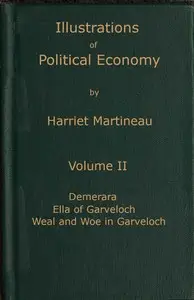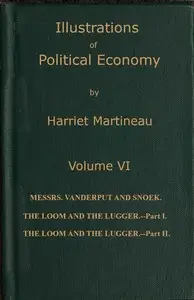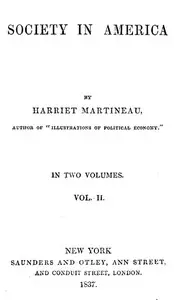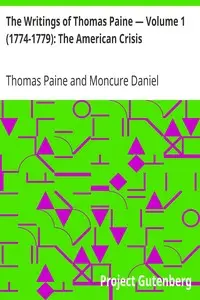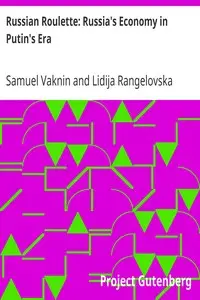"Illustrations of Political Economy, Volume 4" by Harriet Martineau is a collection of political and social essays written in the early 19th century. The volume examines various facets of poverty and labor in England, specifically focusing on the plight of the agricultural working class in Kent and the societal challenges they face. Through the use of narratives, Martineau explores the dynamics between poverty, crime, and the struggles for livelihood in a rapidly changing society. At the start of the volume, the narrative introduces Mr. Castle, a laborer living in the impoverished parish of A—— in Kent. The chapter highlights the stark contrast between the county's fertile appearance and the abject poverty experienced by its inhabitants, especially amidst the ongoing struggles of the Castle family. As Mr. Castle grapples with the difficulties of providing for his family while facing societal disdain due to his destitution, the narrative sets a poignant stage for discussions on emigration and economic opportunity. Frank, Castle’s son, explores the possibility of moving to Van Diemen's Land for a better life, emphasizing themes of hope and the search for new beginnings in the face of adversity. (This is an automatically generated summary.)
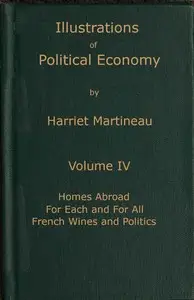
Illustrations of political economy, Volume 4 (of 9)
By Harriet Martineau
"Illustrations of Political Economy, Volume 4" by Harriet Martineau is a collection of political and social essays written in the early 19th century. ...
Harriet Martineau was an English social theorist. She wrote from a sociological, holistic, religious and feminine angle, translated works by Auguste Comte, and, rarely for a woman writer at the time, earned enough to support herself. The young Princess Victoria enjoyed her work and invited her to her 1838 coronation. Martineau advised "a focus on all [society's] aspects, including key political, religious, and social institutions". She applied thorough analysis to women's status under men. The novelist Margaret Oliphant called her "a born lecturer and politician... less distinctively affected by her sex than perhaps any other, male or female, of her generation."


